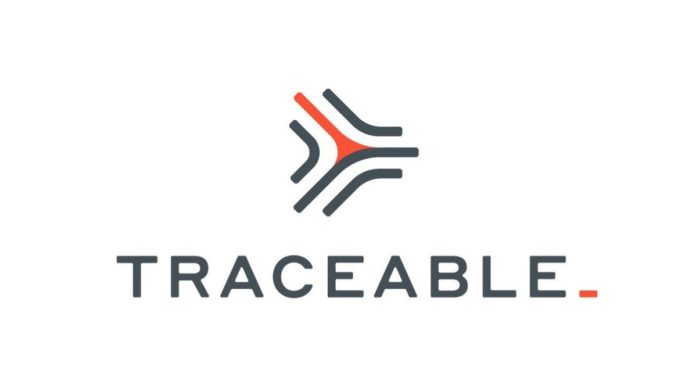End-to-end cloud app security solution developing startup Traceable raises $60 million in its recently held series B funding round led by Institutional Venture Partners (IVP) and Tiger Global.
Other investors like Unusual Ventures & BIG Labs also participated in the company’s latest funding round. This funding has now increased the startup’s market valuation to over $450 million.
According to the company, it plans to use the freshly raised capital to invest more in product development and research, increase its sales and marketing teams, and expand global sales.
Read More: SoundCloud acquires AI Music firm Musiio
“API security has become a major security and compliance concern for most companies. Traceable offers a fundamentally differentiated solution that provides coverage across the full DevSecOps software lifecycle – from API development and testing to runtime protection,” said Steve Harrick, General Partner, IVP.
He further added that Jyoti Bansal and Sanjay Nagaraj, the company’s founders, are seasoned entrepreneurs with whom they have had the pleasure of working in the past as they pay attention to client needs and know how to produce software at scale.
United States-based technology company Traceable was founded by Jyoti Bansal and Sanjay Nagaraj in 2018. Traceable specializes in providing end-to-end distributed tracing, cloud-native integrations, and advanced behavioral analytics to provide modern application and API security.
The company’s one-of-a-kind platform called Traceable AI is the first API security platform that identifies, maintains, and secures APIs for enterprise-level businesses.
Traceable uses machine learning technology to analyze data from the user and session to the application code to learn normal application behavior and detect activities that deviate from it. To date, the startup has raised more than $79 million from multiple investors over two funding rounds.
“Traceable AI applies the power of machine learning and distributed tracing to truly understand how an application really works in the context of the business, and therefore, be able to detect anomalies and block threats to keep customers secure and resilient against next-gen attacks,” said Jyoti Bansal.


